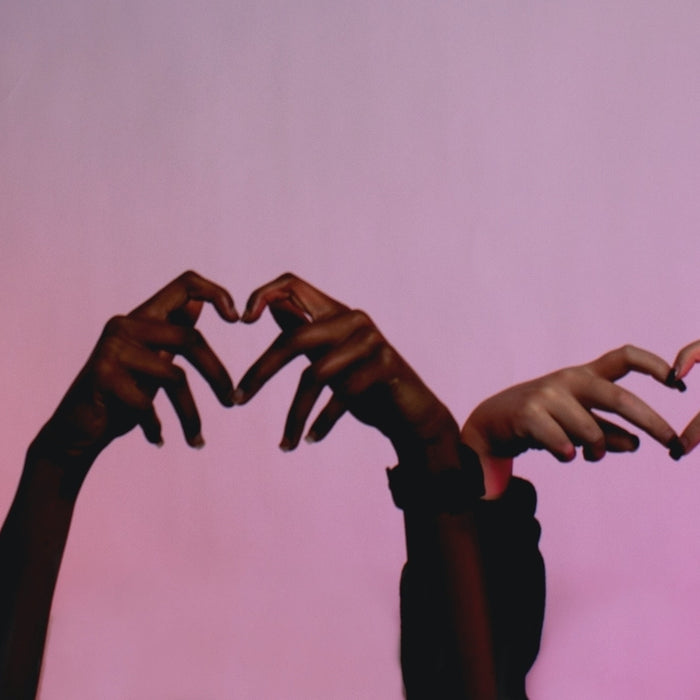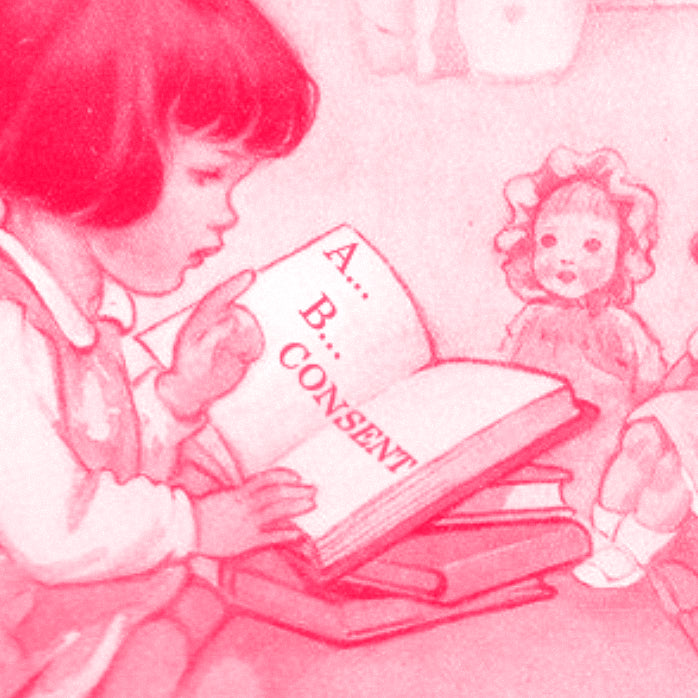

Venus Envy Advisory: Dating as a Survivor
Welcome to our collaboration with the Leveller: their newest column focussing on sexual health and pleasure. We’ve teamed up and are providing you, our valued readership, with a forum to ask questions related to those quirks, queries, and curiosities you’ve always harboured and didn’t know whom to ask. Well, now is your chance! Please submit your questions to editors.the.leveller@gmail.com.
Dear VE,
I am a survivor of sexual abuse and have found maintaining meaningful, healthy sexual relationships difficult. It seems that every time I put myself out there, I keep falling into the same routine and find myself pulling away too soon in order to protect myself. What advice would you give someone who has survived sexual abuse yet cannot seem to navigate the tricky waters of dating in Ottawa?
-Lost at Sea in Little Italy
Dear Lost at Sea in Little Italy,
I so badly want to give you a 10-step plan to dating as a survivor. I want to tell you about therapists and yoga and crisis lines and books, and load you up with all sorts of groups and activities to quiet your mind and mend your heart. And some of these things will genuinely help, and have been lifelines for so many survivors.
But the bare, honest, truth is that healing from deep trauma is one part skills, one part time, and three parts jumping off a cliff, over and over again (emotionally-speaking, of course). It sounds like you have a pattern you want to break, which means that you have to practice a new way of showing up in the world. That kind of deep change is as courageous as it is terrifying. There are a million people who will tell you about time and teach you about skills, and those are big important parts of healing. But the hardest to find will be people who hold your hand through it, who let go when it’s time and who don’t try to jump in after you.
So first things first, find those people. Maybe it is a great therapist or maybe it’s a collection of empathetic friends, or maybe a peer-support group at a sexual assault support centre. I’d recommend some combination of the above. You want people in your support network who can help you figure out why you’re pulling away and what you’d rather do instead. Be extremely wary of anyone trying to sell you the easy fix. That kind of knockoff hope is one of the most damaging things people promise to each other and yet you will find entire self-help aisles built on gimmicks and emotional band-aids. Do not trust your pain with people who are afraid to acknowledge its depth.
Second, go to work making a net to catch yourself, so that you can easily find the things that ground you and bring you back. Think about the times you’ve felt most un-self-consciously you, and think about the things you could do to get to that feeling. Maybe you feel that way when playing the trumpet or baking a cake or blasting Bohemian Rhapsody and singing along to the entire song. Make a list of everything you can think of. Then, think about anything that makes you feel soothed and comforted, and make a list of those things too. If it helps, print out quotes and music and lines of poetry and glue them to an actual net. Healing isn’t linear, and you’ll inevitably have ups and downs in the process. Having these self-care tools at the front of your mind will be invaluable on the down days.
Third, give yourself permission to take as much time as you need. That might mean taking a break from dating or sex to figure things out, without the pressure of someone else’s potential disappointment. Or it might mean dating but letting people know that you want to keep things casual. Just make sure to tease out the difference between “should” and “need” for yourself – “should” will almost always bring you in the wrong direction.
When you do know what you need (and want!) from a relationship, don’t be afraid to share this with your potential partners. Having even our smallest boundaries respected can go a long way in building trust, and trust is usually crucial in helping us move toward connection.
– Sam Whittle, Sex Educator and owner of Venus Envy
This article first appeared in the Leveller Vol. 10, No. 1 (Sept/Oct 2017).




